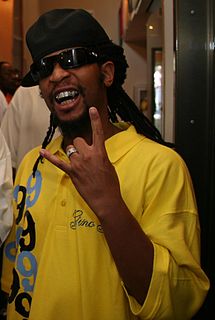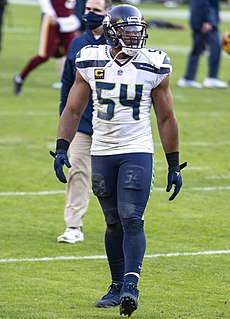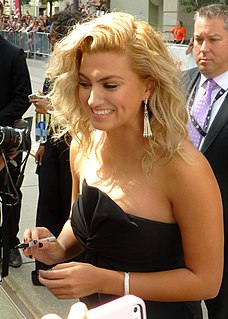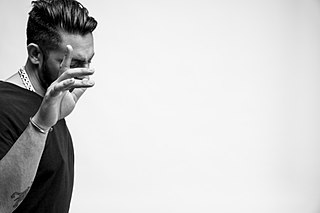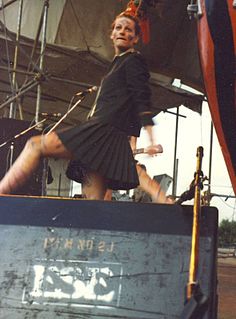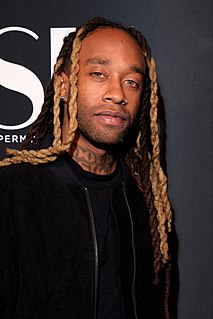A Quote by Lil Jon
You know, my era of DJing was the 90s. I think that was one of the best eras of music, period. From dancehall to hip hop to rock to pop to R&B to everything. I just like that era of music, so I just listen to a lot of 90s overall but definitely 90s hip hop.
Related Quotes
You have a lot of educating to do hip-hop wise in Europe. When you tour, when you go out there, most of the people that come see you at the venue listen to a lot of different kinds of music, not only hip-hop; they're not heads. From time to time you're going to do a little concert in front of three or four hundred people that are only hip-hop heads and they're going to understand and know all about the gimmicks and the swagger but the rest of the people are just regular European people that listen to pop [or] rock & roll.
This was early '90s and in New York hip-hop was coming on really strong; that was the sort of urban folk music that was almost threatening to eclipse rock music and indie rock music in terms of popularity, which it has certainly gone on to do. But you know, this is the end of the 1980s, beginning of the '90s. The whole independent label thing has really evolved to this incredible point from the early '80s when we started, and there wasn't one record label at all, until a couple people started forming these small labels.
I've got all of the old school vinyls from the '70s - even further back, like the jazz music in the '40s, '50s, '60s. Then I've got all the '80s stuff underground, hip-hop when hip-hop really first started. The '90s stuff. All of the good stuff, because I'm really into music, and it helps me create new songs now.
To me, that's the biggest problem with hip-hop today is the fact that everyone believes that all of hip-hop is rap music, and that, when you say "hip-hop," it's synonymous with rap. That when you say "hip-hop," you should be thinking about breakdancing, graffiti art, or MCing - which is the proper name for rap - DJing, beat-boxing, language, fashion, knowledge, trade. You should be thinking about a culture when you say, "hip-hop.".
I think that's one thing that hinders hip-hop and I think when everybody tries to be the same... That's why people look at the 1990s almost like it was a golden era in hip-hop 'cause it was so much diversity in the music and in the artists. It wasn't everybody just trying to paint the same picture and say it with the same flow.
